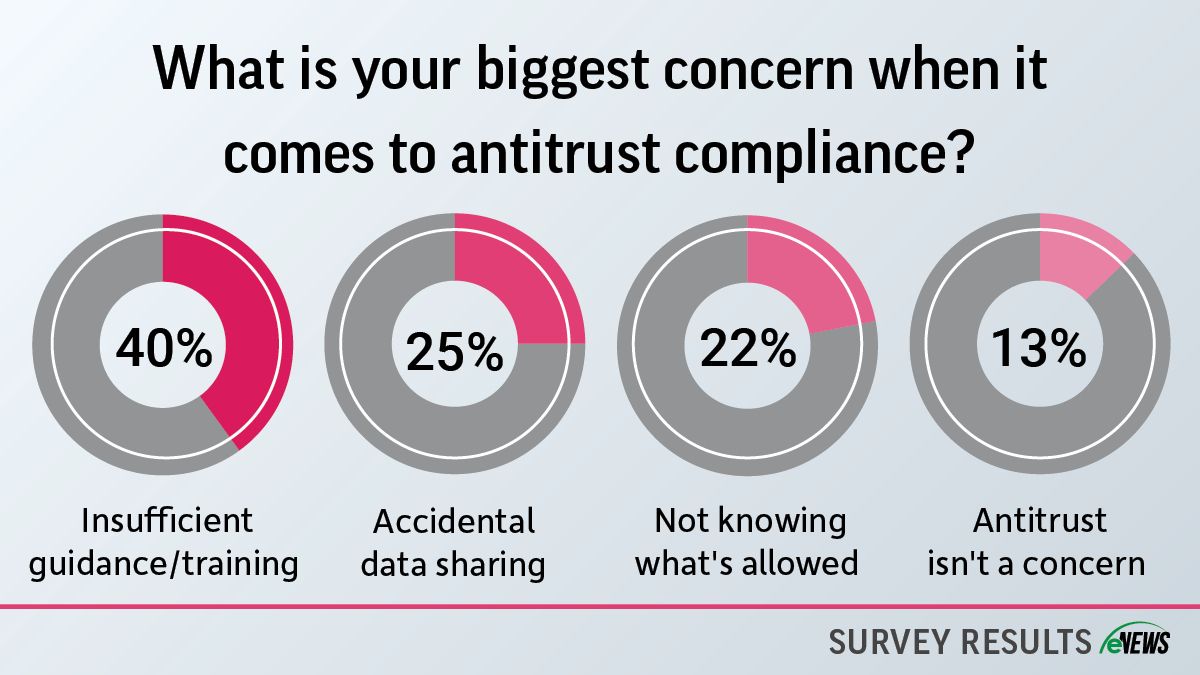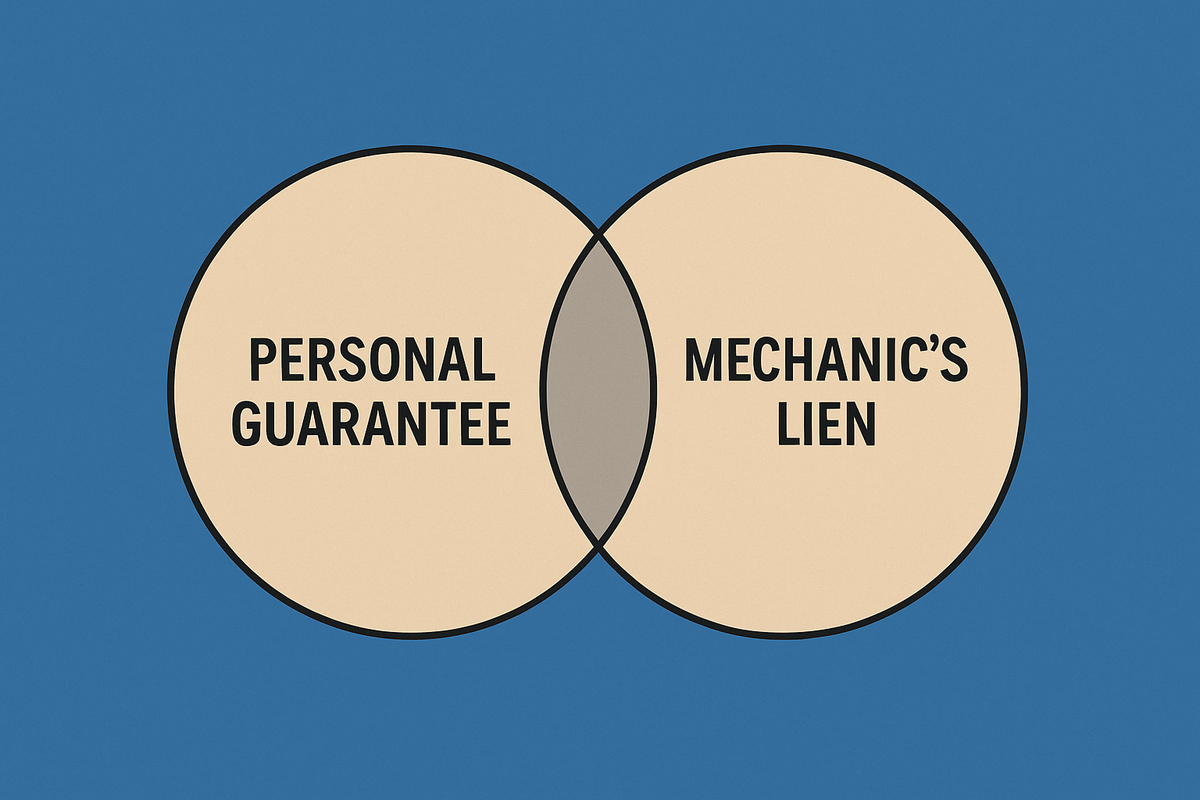Business Practices, eNews, Leadership
Resources for retiring credit managers

Retirement is one of the most significant decisions in a professional’s life, and for credit managers, it comes with its own set of unique challenges. The transition from an active career to retirement requires careful planning and thoughtful consideration of numerous factors—from financial stability to passing the torch to the next generation of leadership.
Why it matters: For credit managers, who are often responsible for maintaining a delicate balance of risk, responsibility and strategy, the retirement checklist is long and complex. In this article, we’ll explore the key considerations and steps that credit managers should take to ensure a smooth and successful transition into retirement.
#1 Are you ready to retire?
The first question you should ask yourself when considering retirement is: Am I ready to retire? Think about the reason why you’re retiring and when you should plan for retirement. In the U.S., the traditional retirement age is 65 (67 for younger generations), but many people choose to retire before or after this age. Knowing your retirement readiness is a personal decision that hinges on both financial and non-financial factors.
#2 Can you afford to retire?
You also have to make sure you can afford to retire. Do you have enough personal savings and/or Social Security benefits? The amount of money you need in your retirement depends on certain factors such as social security benefits, your savings, annual expenses, your age when you retire and how long you live. This amount is not the same for everyone. Seeking help from a financial advisor can help you determine an estimation of the amount you will need in your later years.
Understanding your employer-sponsored retirement benefits, healthcare benefits and other retirement savings also plays a role in managing your personal budget for those retirement years, per the U.S. Department of Labor. You may also have access to retirement planning tools through your 401k or Individual Retirement Arrangements (IRA). The company that manages your retirement account may have tools to track your saving progress. Many retirement clubs available online offer resources and services to help you plan for retirement.
#3 Talk to upper management
Speak to upper management about your decision to help you plan your retirement. Many companies offer in-house retirement programs that can help you in your transition. “Talk to them as early as possible,” said Bill Corn, CCE, CICP, a retired credit manager (Anoka, MN). “Engage them in the planning. You will likely learn of activities for which the team relies on you that you may not have considered. There will be a lot of ‘who is going to do this’ type questions. You will likely have answers for most of them but there will be a few surprises. This goes for the team that reports to you, and your upper management chain of command.”
#4 Prepare your team
When an experienced person leaves a company, so do their skills and expertise. The loss of valuable institutional knowledge or “knowledge-drain,” leaves the remaining and less experienced staff at a disadvantage. You can prevent this by training your successor and team in advance. “I always tried to ensure that my team had the opportunities to participate (and sometimes take the lead) in various projects or activities to help them develop those skills and that institutional knowledge,” Corn explained. “Once you decide to retire, start involving team members in meetings, projects and phone calls so that they can absorb not only the technical knowledge but also the environmental elements, like strategies and personalities.”
Help your team build a network with experienced credit professionals so they have access to invaluable industry knowledge. “I’ve introduced the younger team members to more senior credit professionals from other companies by having them get involved with their local NACM affiliate,” said Joe Fischer, national credit manager at Insulation Distributors Inc. (Chanhassen, MN). “I’ve also had them attend various NACM meetings and special events. If my team encounters any challenges, they can leverage the experience of those senior credit people they’ve formed connections with.”
#5 Lifestyle and leisure planning
Envisioning how you want to spend your retirement years is essential for achieving a fulfilling and enjoyable retirement. This involves considering not just where you’ll live, but how you’ll spend your time, who you’ll spend it with and what activities you’d like to participate in.
Some credit professionals pursue an encore job or new vocation within or outside the credit industry. “My advice is to look at your competencies that you’ve developed as a credit manager such as leadership skills or understanding of financial statements to find other jobs or volunteer programs,” Fischer said. “I used my empathy skills as a volunteer at a memory care unit for the Veteran Affairs (VA). I was able to help veterans through some difficult times in their personal lives.”
By joining retirement or senior social clubs, you can make connections and be more active in your community.
The bottom line: By preparing yourself for retirement, you can have a successful transition that benefits you and your company in the long run.





